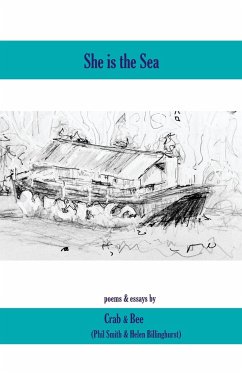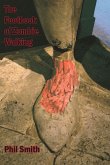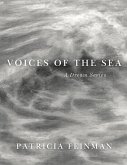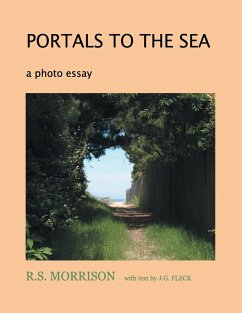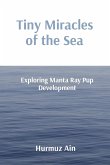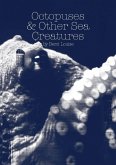Walking and movement artists often stumble when they describe the modes and registers of perception and expression they adopt in their practice. The attempt to represent their experience can end in a kind of somatic soup. Crab & Bee eschew the soup and, in this little book of poems and essays − the prequel to their forthcoming book The Pattern (2020) - they give us clear hints of where and how they find and make meaning in their work. They tell us, for example, that: the interpenetration of our human lives with the movement of the planet's watery channels (seas, rivers, underground watercourses, etc.) is constant, ubiquitous and important ¿ the movement of water connects so-called 'privileged points', actual landscape features and actual moments whose existence and potency has been keenly experienced by humans, more anciently than recently By reconnecting with the movement of the waters and with these privileged points, Crab & Bee re-engage with a 'magical mode'. This is what they invite us to share in their walks, prose and poetry. They suggest that the challenge (not just for walking artists but for all of us in a climate emergency) is to dissolve our artistic or habitual/life practice, to "sink into the dark forest beneath our feet", to embed ourselves in the grander patterns, systems and flows of our wet planet, to "feel our way, but also to allow what we feel to feel us, and direct us by its flows". In this book they give us a glimpse of how to do exactly that.
Hinweis: Dieser Artikel kann nur an eine deutsche Lieferadresse ausgeliefert werden.
Hinweis: Dieser Artikel kann nur an eine deutsche Lieferadresse ausgeliefert werden.

